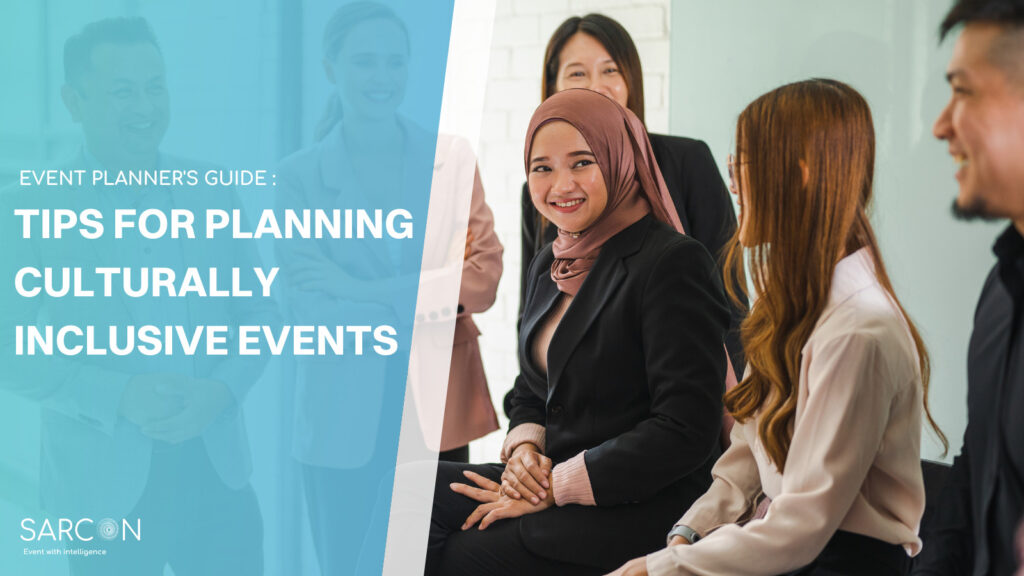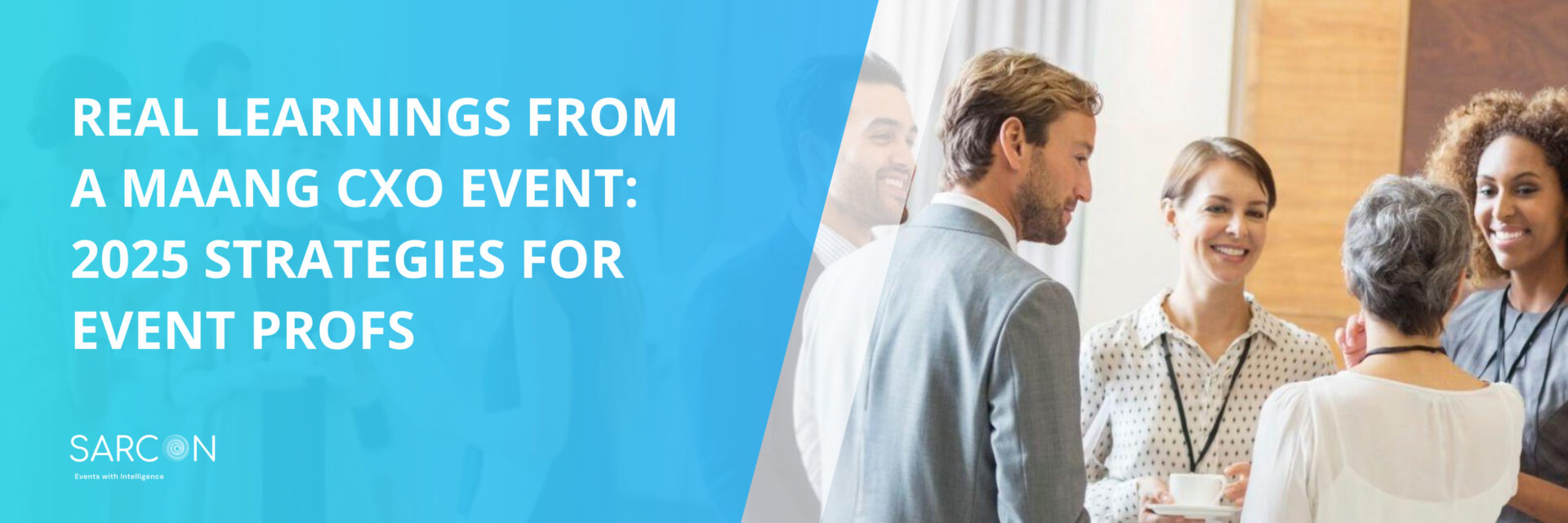In our increasingly diverse and interconnected world, it is essential to foster an environment of cultural inclusivity and diversity in every aspect of our lives. This holds particularly true for events and gatherings, where people from various backgrounds come together to celebrate, collaborate, or discuss.
As an event planner, your goal is to create memorable and inclusive experiences for attendees from all walks of life. Planning culturally inclusive events is not just about attracting a diverse audience but also about ensuring that everyone feels valued and respected throughout the event. In this comprehensive guide, we will explore essential tips and strategies to help you organize events that celebrate diversity, foster inclusivity, and leave a lasting impact on attendees. So let’s dive in and make your events stand out as prime examples of cultural inclusivity!
Understanding the Importance of Cultural Inclusion
Cultural inclusion is about embracing and respecting the diversity of cultures within our society. It means recognizing the uniqueness of different cultural backgrounds and integrating them into event planning to foster a sense of belonging and unity. By doing so, event planners can create memorable experiences that resonate with all attendees and leave a positive impact.
Tip 1:Researching Your Audience
The first step in creating a culturally inclusive event plan is to understand your audience. Conduct research and gather data on the diverse communities that will be attending the event. Learn about their customs, traditions, values, and preferences. By gaining insights into their cultural backgrounds, you can better tailor the event to accommodate their needs and ensure a positive experience for everyone involved.
Tip 2: Diverse Programming
When planning the event’s programming, aim to include a diverse range of activities, performances, and speakers that represent different cultures and perspectives. Embrace a variety of artistic expressions, music, dance, and cuisine from various cultures. This not only celebrates diversity but also educates participants about different traditions, breaking down barriers and fostering mutual understanding.
Tip 3: Choose an Inclusive Venue
Selecting a culturally neutral or adaptable venue is essential. Ensure the location is accessible to people of all abilities and is conveniently located for attendees from various communities. Consider the venue’s size, facilities, and its commitment to diversity and inclusivity.
Tip 4: Culturally Diverse Performers and Speakers
Enrich your event with culturally diverse performers, speakers, and artists. Embrace music, dance, poetry, and other artistic expressions that represent various cultures. Engaging a diverse lineup of speakers will offer unique perspectives and insights, encouraging attendees to broaden their horizons and develop a deeper understanding of different cultures.
Tip 5: Inclusive Activities and Games
If your event involves interactive activities or games, ensure they are culturally sensitive and appropriate. Avoid activities that may be offensive or exclude certain cultural groups. Instead, opt for games and activities that promote teamwork, collaboration, and cultural exchange.
Tips 6: Mindful Communication and Marketing
Craft your event’s communication and marketing materials with cultural sensitivity. Avoid using language or images that could be interpreted as offensive or exclusive to any particular group. Consider using translations or subtitles if your event caters to a multilingual audience. Leverage event management technology like Sarcon that offers multi-lingual support.
For more information read : The Ultimate Guide to Event Management Software
Tip 7: Inclusive Food and Beverages
Food is an integral part of any culture. Offer a diverse range of cuisine that represents different cultures and dietary preferences. Ensure that you provide vegetarian, vegan, and halal options to accommodate various dietary needs.
Tip 8: Create a Safe Space
Establish an environment where attendees feel safe and comfortable expressing their cultural identities. Educate event staff and volunteers on cultural awareness and sensitivity to avoid any unintentional misunderstandings or offensive behavior.
Tip 9: Address Unconscious Bias
Unconscious biases can unintentionally influence our decisions and actions. It is crucial to educate event organizers, volunteers, and staff about unconscious bias and its potential impact on creating an inclusive atmosphere. Encourage open discussions about biases and ways to mitigate their effects during the event.
Tip 10: Engage in Dialogue
Encourage open dialogue among attendees to share their cultural experiences and stories. Provide opportunities for networking and building connections between people from diverse backgrounds.
Tip 11: Hosting Inclusive Pre-Event Workshops
Consider hosting pre-event workshops on cultural competence and sensitivity for attendees and staff. These workshops can foster understanding and empathy, leading to a more harmonious event environment.
Tip 12: Seek Feedback and Continuously Improve
After the event, conduct evaluations and gather feedback from participants to assess the success of your event. Learn from both positive experiences and areas that need improvement. Use this feedback to refine your strategies for future events, continually striving to create more inclusive events.
Conclusion
In conclusion, planning culturally inclusive events requires thoughtful consideration, research, and genuine respect for diversity. Embrace the unique aspects of different cultures, and let them enrich your event experiences. By doing so, you create an environment where everyone feels valued and celebrated, fostering connections that go beyond the event itself.
FAQs
1. Why is cultural inclusivity essential for event planning?
Cultural inclusivity in event planning helps create an environment where all attendees feel welcomed and appreciated, leading to broader participation and a positive event experience.
2. How can I ensure my event is culturally sensitive regarding food choices?
Offer a diverse menu that accommodates different dietary preferences and restrictions, while also labeling dishes to highlight their cultural significance.
3. What steps can I take to engage with diverse communities during event promotion?
Engage with cultural influencers, community leaders, and use targeted marketing strategies to reach out to diverse communities directly.
4. How can I address microaggressions during the event?
Train your event staff to be culturally sensitive and prepared to address any cultural misunderstandings or microaggressions that may occur.
5. How can event planners incorporate cultural representation?
Event planners can integrate diverse performers, speakers, artists, and vendors into their event programming to showcase cultural representation.



